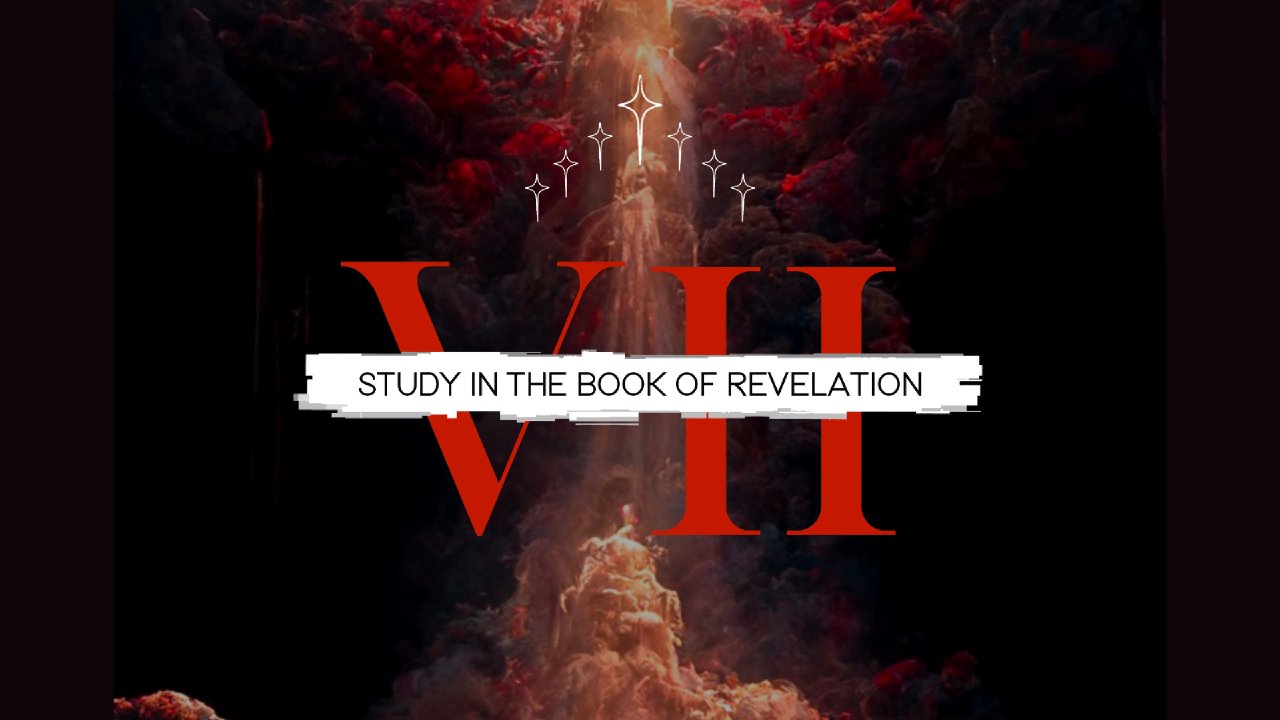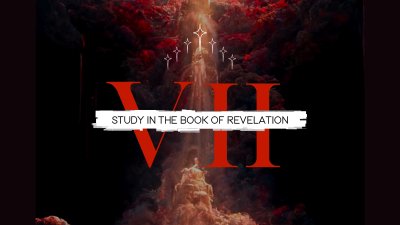The city of Smyrna was located on the Aegean Sea. The city boasted an impressive harbor, a hill in the middle of the city known as the “crown of Smyrna,” and multiple idolatrous temples. There were temples to the Greek god Zeus and his daughter, Cybele. Smyrna also had a temple to the Roman goddess Roma. And, in AD 26, Smyrna erected a temple to the Roman emperor Tiberius, who had essentially been deified. It’s very clear that Smyrna was a city of pagan idolatry. The church in Smyrna, however, refuses to bow the knee to these false gods, particularly refusing to recognize the emperor as a deity. Strong oppression and tribulation come upon her for her faithfulness to Christ. This faithful church is one of only two churches (with Philadelphia being the other) out of all seven that Jesus brings no charge against.

Revelation 2:8-11
The Church at Smyrna
November 20, 2022 • Joe Burrows • Revelation 2:8–11
More from
Revelation - Cartersville





